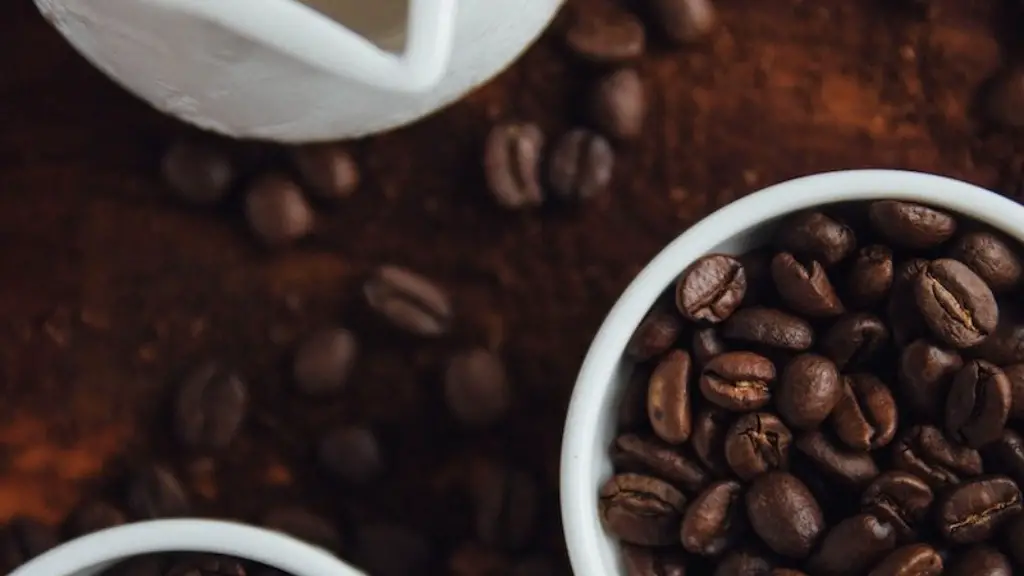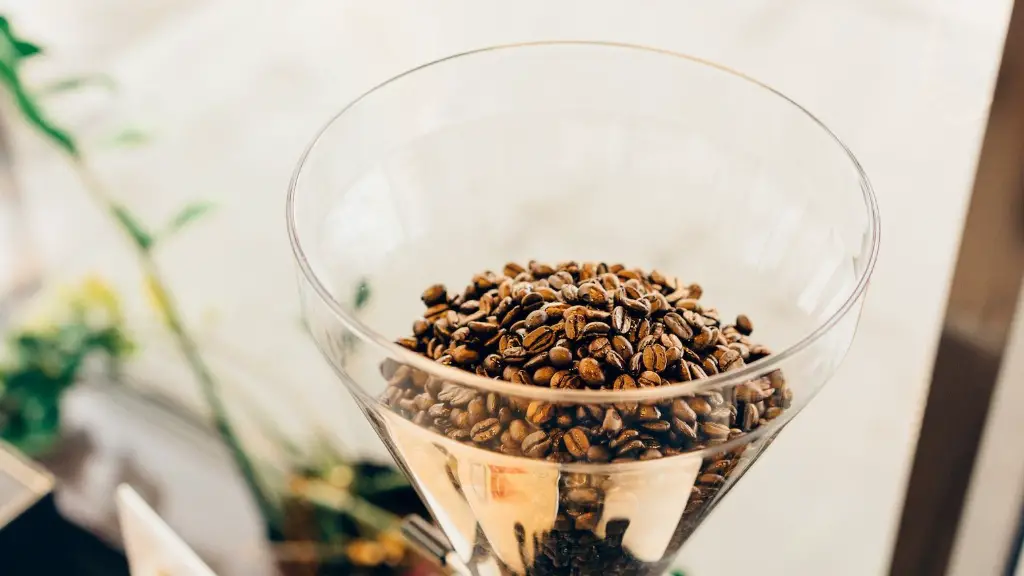Can you drink coffee with iron supplements? For many, a strong cup of coffee first thing in the morning is the perfect way to kick-start the day. But not everybody should enjoy a regular cup of joe. People who take iron supplements for anemia may be wondering—can I still drink coffee too?
According to doctors and nutritionists, it depends. To understand why coffee can affect Iron absorption, it helps to know more about the Iron supplement itself. Iron is present naturally in many types of food, including red meat, eggs and spinach. But some types of Iron are also available as dietary supplements. Iron supplements generally come in two forms – ferrous sulfate and ferrous gluconate, and the latter is better absorbed in the body. Iron supplements are usually prescribed to replenish Iron levels in the body. Iron helps to produce red blood cells which transport oxygen all over the body’tissues.
Coffee contains a compound called tannic acid, which can reduce the absorption of Iron, blocking it from passing through the wall of the small intestine. That compound, called tannic acid, interferes with the absorption of Iron into the body, potentially reducing its effectiveness. Therefore, drinking coffee too close to taking an Iron supplement can reduce the body’s ability to absorb the Iron, rendering the supplement less effective. This can be especially problematic for those who suffer from Iron-deficiency anemia, where Iron is absolutely essential.
That being said, not all experts agree. According to some, drinking coffee is perfectly fine, so long as there is a gap between drinking coffee and taking supplements. It is recommended that an individual should wait at least an hour before and an hour after taking the Iron supplement to drink coffee. A one hour pause will provide enough time for most of the Iron to be absorbed into the body and this will ensure that the supplement is effective.
If you are planning to take Iron and drink coffee at the same time, it is recommended to consult with your doctor or nutritionist. Your nutritionist can help you find the best combination of foods and supplements and also gives advice on when to take them.
It is worth mentioning that too much caffeine can also be problematic for those taking Iron supplements. Drinking too much coffee can lead to an upset stomach and make it difficult for your body to absorb Iron. Therefore, if you are planning to drink coffee and take Iron supplements, it is best to keep your intake of caffeine to a minimum.
Side Effects Of Iron Supplements
Though Iron supplements can help to replenish Iron levels in the body, it can also have its own set of negative side effects. The most common side effect is constipation. Going overboard with Iron supplements can lead to constipation, nausea and headaches. Other side-effects include abdominal pain, dark stools or irritated stomach lining. While Iron supplements are important for those with anemia, it is recommended to take it only under the guidance of a healthcare professional.
Iron supplements also interact with certain prescription medication and over-the-counter drugs. Therefore, it is advisable to talk to your doctor or pharmacist before taking Iron supplements. Iron supplements can also interact with certain foods. Vitamin C helps in the absorption of Iron. Therefore, eating food high in Vitamin C can help the body to absorb Iron more efficiently.
Certain foods like bran, whole wheat bread, cereals, spinach and green vegetables can also help to boost Iron levels in the body. It is advisable to speak with a nutritionist to find the best foods sources of Iron that works for you.
Alternative Treatments To Iron Supplements
Not everyone may be comfortable or able to take Iron supplements. According to experts there are some natural alternatives that may help to boost Iron levels in the body. Prunes and raisins can be an excellent source of Iron. Both these foods contain a type of Iron called non-heme iron which the body can absorb.
Foods like dark chocolate and liver are also good sources of Iron. However, it is important to note that these foods should be consumed in moderation in order to obtain the necessary benefits. Organic liver pills can also be very beneficial when it comes to increasing Iron levels.
It is also recommended to eat Iron-rich foods with Vitamin C-rich foods. Vitamin C helps the body to absorb Iron. Hence, eating Iron-rich foods with fruits and vegetables that contain Vitamin C can help in absorbing more Iron. Eating Iron-rich foods with coffee or tea is not advisable as caffeine can interfere with absorption.
Iron Supplements For Children
Low Iron levels can be especially dangerous in children and infants. Low Iron levels can lead to cognitive and behavioral delays, a condition known as Iron-deficiency anemia. Children who exhibit symptoms or have diagnosed anemia may also require Iron supplements.
However, before giving Iron supplements to children, it is important to consult with a doctor or a nutritionist. Iron supplements are often packaged as caplets which can be too large for children to swallow. Similarly, Iron syrup may taste unpalatable and children may find it difficult to consume. Therefore, thedoctor may recommend the best dosage, form of Iron and the right time to take it.
Iron supplements for children can also come in chewable forms. The doctor may also prescribe a slow-release Iron capsule as it can be easier to swallow and slowly release Iron into the body. The doctor will also advise when it is safest to give Iron supplements to children. Iron supplements should not be combined with antacids or calcium supplements as it can reduce absorption.
Dietary Sources Of Iron
Natural sources of Iron are generally preferred, as they are less likely to be accompanied by side effects and are usually more cost-effective. Red meat, poultry, fish and shellfish are great sources of Iron. Plant-based sources like legumes, nuts, seeds and dark green leafy vegetables are also high in Iron. Dark chocolate is also an underrated source of Iron.
Fruits are a good source of Iron too. Fruits such as apricots, cherries and grapes are packed with Iron. Berries are also a great source of Iron with blueberries, strawberries and raspberries containing the highest Iron content. Grains and cereal sources of Iron include fortified breakfast cereals, oats, quinoa and couscous.
Eggs and egg yolks are also a great source of Iron. Eggs are healthy, delicious and a great source of protein too. Dairy products such as milk and yoghurt are also a great source of Iron.
Nutrient Content Of Iron Rich Foods
In order to supplement your body with necessary nutrient intake, it is a good idea to know the nutrient content of different Iron-rich foods. For example, red meat like beef contains 3.5mg of Iron per 100 grams. It is also packed with protein and other essential vitamins and minerals. Similarly, a medium-sized egg contains 0.6mg of Iron and is high in protein and healthy fats.
Fruits like apricots, cherries and grapes contain between 1.4-2.2mg of Iron per 100 grams. Dried figs, raisins and dates are also high in Iron and contain between 0.4-2.2mg of Iron per 100 grams. Dark chocolate contains 2.6 mg of Iron per 100 grams.
Green leafy vegetables are also a good source of Iron. Spinach, kale and chard are high in Iron and contain between 2-2.7mg of Iron per 100 grams. Chickpeas and kidney beans are legume sources of Iron and contain between 3.3-3.6mg of Iron per 100 grams.





